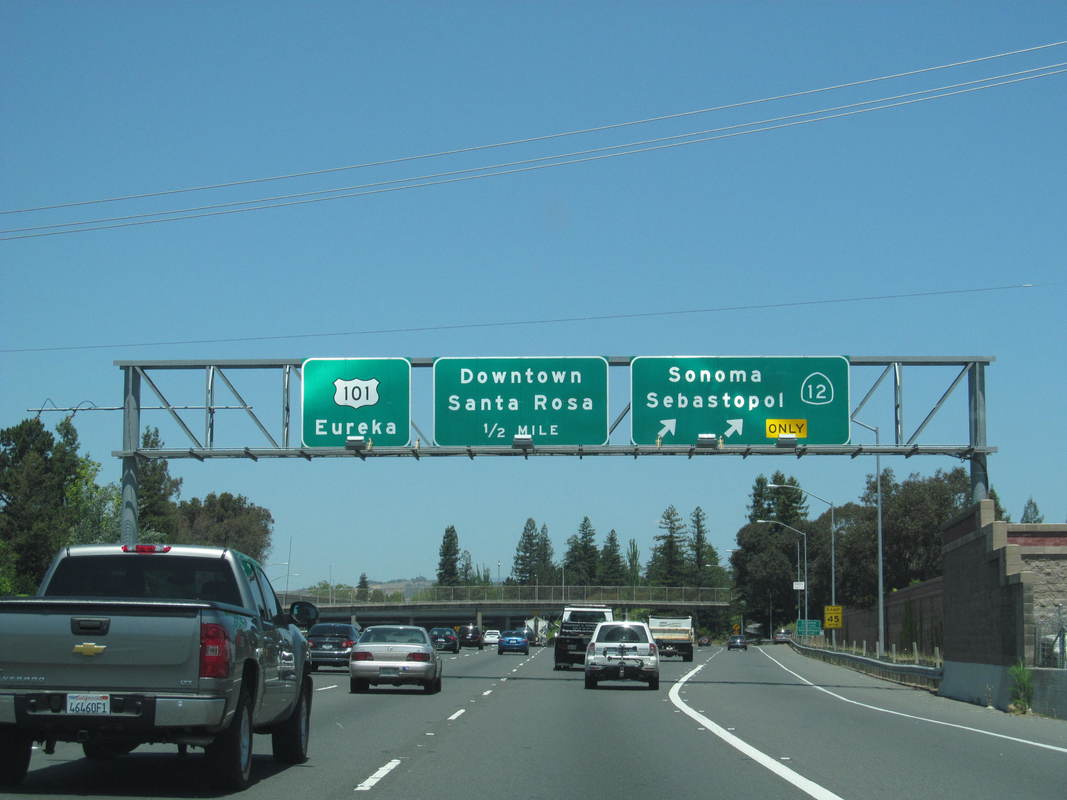|
Fall and winter have always been one of my favorite times of the year (mainly because this time of year includes not only my birthday, but also Thanksgiving and Christmas!) It’s the time we see beloved family and friends, gorge on food we otherwise couldn’t justify, have a perfectly good excuse to curl up on the couch for some serious binge-watching, and celebrate old traditions. For some, these traditions include office gift exchanges, holiday parties, ugly sweater parties, building snowmen, sledding, and decorating the tree. Sadly, there’s another tradition that few like to think about: the documented rise in DUIs.
We all know the chances of getting into a collision go up if there are more cars on the road and when the weather is bad, when you factor in an increased number of DUI drivers the chances of getting in an accident go off the charts. The National Highway Traffic Safety Administration (NHTSA), notes that, on an average, day 36 fatalities occur per day in the United States in which an alcohol-impaired driver is involved. However, during the holiday season that average gives to 45 fatalities per day, and over New Year’s weekend, that number jumps even higher to soared to 54 per day![1]No surprise, the highest incidences of DUI arrests occur late November through very early January, and some bartenders refer to the Wednesday before Thanksgiving as “Black Wednesday” as that is their busiest night of the year. So please be careful out there this time of year. And while I always welcome the business, and appreciate that my clients have chosen me to help them defend against a DUI, it always breaks my heart to see a client walk through the door because someone was injured or killed as a result of their drinking and driving. ________ [1]In case you’re curious, the Fourth of July is considered the deadliest day of the year. The fact that California is activity trying to resist the Trump administrations’ immigration policies is news to no one. Here’s what you need to know about California’s recent response to Federal Immigration policy.
Existing federal law states that any authorized immigration officer can issue what’s called an “Immigration Detainer-Notice of Action” to any other federal, state, or local law enforcement agency. This detainer advises these other law enforcement agencies that the Department of Homeland Security (DHS) is seeking to take an alien presently in the custody of thatagency, into the custody of the DHS for the purpose of arresting and deporting the alien.[1]In short, it is a request that such that the other agency advise the DHS, prior to release of the alien, so that the DHS can arrange to pick up the alien.[2] This is commonly referred to as an “immigration hold.” The other law enforcement agency is then supposed to maintain custody of the alien for a period not to exceed 48 hours[3]. However, there have been fears that Trump’s Executive Orders and other related Department of Homeland Security memorandums amount to essentially an “outline [for] a mass deportation strategy that will encompass a broad category of immigrants.”[4] The proponents of this bill back up these statements by citing statistics indicating that deportations have increased 40% and approximately 10,800 of these deportations were of aliens whose only criminality was either entering or staying in the county in violation of law. In response, California passed SB 54. This change in the law now makes it so no California law enforcement agency can use agency or department money or personnel to investigate, interrogate, detain, detect, or arrest persons for immigration enforcement purposes. This includes prohibitions on usingagency or department money or personnel to investigate, interrogate, detain, detect, or arrest persons for immigration enforcement purposes. This includes prohibitions on (1) inquiring into an person's immigration status, (2) detaining a person on the basis of an immigration hold request, (3) providing non-public information regarding a person's release date unless such information release is in response to a notification request that where the person meets specified criteria regarding their current or past offenses[5], (4) providing non-public personal information about a person, including, but not limited to, the individual's home address or work address; (5) making or intentionally participating in arrests based on civil immigration warrants, or (6) assisting immigration authorities in the specified activities allowed under federal immigration law or performing the functions of an immigration officer. Perhaps equally as important, California Law Enforcement Agencies cannot transfer a person to immigration authorities unless the transfer has previously been authorized by a judicial warrant or judicial probable cause determination, or if the individual meets specified criteria regarding their past offenses. Law enforcement, however, can still (1) investigative and enforce violations of federal law for illegal reentry after removal following conviction of an aggravated felony, (2) respond to a request from federal immigration authorities for information about a person's criminal history, (3) participating in a joint law enforcement task force, if the primary purpose of the task force is not immigration enforcement, or (4), or give immigration authorities access to interview an individual in law enforcement custody. [1]Other law also states that notwithstanding any other provision of law, a Federal, State, or local government entity or official may not in any way restrict a government entity or official from sending or receiving Immigration and Naturalization Service information regarding the citizenship or immigration status, lawful or unlawful, of any individual. [2]Federal law also allows the Secretary of Homeland Security to enter into agreements that delegate immigration powers to local police, with the negotiated agreements between ICE and the local police being documented in some form of memorandum of agreement (MOA). [3]excluding Saturdays, Sundays, and holidays [4]Senator De Leon, as noted in the Assembly Floor Analysis of SB 54 dated September 15, 2017. [5]In this particular situation, responses are not required, but permitted, provided they do not violate any local law or policy. As we have discussed here before, both the DMV and the Court system have the ability to suspend your driver's license after a DUI. There are, however, few circumstances wherein the Court can order the DMV to re-issue someone’s license. This most frequently happens when the DUI charges are dismissed by the District Attorney's Office or an acquittal is obtained after a trial, after which a "Dismissal hearing" is held to refute the DMV's previously obtained evidence against the driver. The other way this can happen is through the use of a “Helmandollar” Plea. In the original Helmandollar case, the driver beat the DUI charges in court after losing the DMV hearing.
There are two rather large challenges in being able to enter a Hellmandollar plea, however. Perhaps most difficult is getting the prosecutor to agree to dismiss the DUI charges and admit there is some deficiency in the evidence that is great enough to equate to actual innocence of the driver. Then, of course, the judge must agree to accept such a plea. Once that happens the driver's license suspension and DMV conviction are set aside under Vehicle Code 13353.2 which states, “If a person is acquitted of criminal charges relating to a determination of facts under [the administrative per se law]…the department shall immediately reinstate the person’s privilege to operate a motor vehicle.” (However, this language does not apply to a suspension based on a driver's refusal to take a chemical test.) While these pleas are certainly hard to get, if you are a person who cannot stand to lose their driver's license an experienced DUI attorney can help you explore this option. |
AuthorDevina strives to make information relevant to the lives of her clients easily accessible. Archives
July 2024
Categories
All
|
Proudly serving Sonoma, Marin, Napa, Mendocino and Lake Counties (and occasionally venturing as far as Yolo, Santa Clara and San Mateo Counties).
Proudly powered by Weebly
This website is for informational purposes only and does not provide legal advice. Do not act or refrain from acting based on anything you read on this site. Using this site or communicating with the Law Office of Devina Douglas through this site does not form an attorney/client relationship. This site is legal advertising. Please review the full disclaimer for more information. (LINK TO FULL DISCLAIMER PAGE)

 RSS Feed
RSS Feed




